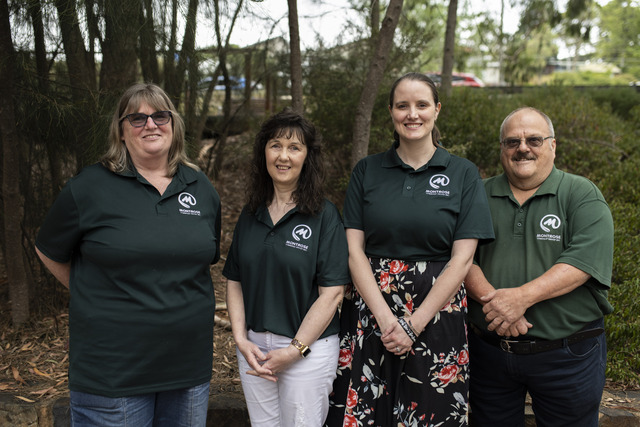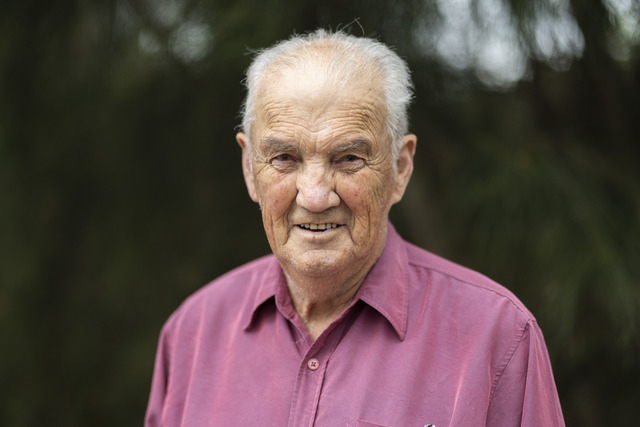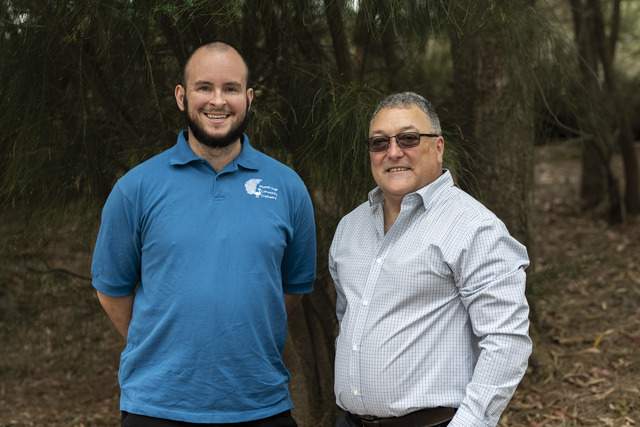Stroke Foundation has joined a new national taskforce of leading health organisations, assembled to tackle the leading risk factor of death in Australia.
The National Hypertension Taskforce launched will see organisations from across the nation unite to crack down on the issue of managing high blood pressure in Australia.
The taskforce, co-led by Australian Cardiovascular Alliance’s Professor Alta Schutte and Hypertension Australia’s Professor Markus Schlaich, brings together various organisations including Stroke Foundation.
Stroke Foundation Executive Director Stroke Services and Research, Dr Lisa Murphy, says she is looking forward to being at the forefront of the work to address this critical national health problem.
“This is a significant step in the fight against hypertension. We know that high blood pressure is the biggest modifiable risk factor of stroke so anything we can do to reduce that risk and improve health outcomes for Australians, is welcome.”
Hypertension, also known as high blood pressure, affects one in three Australian adults and only 32 per cent of Australian adults with hypertension have it under control. This is a figure the Taskforce is aiming to change. Its goal is to more than double Australia’s blood pressure control rates from 32 per cent to 70 per cent by 2030.
“I cannot stress enough the importance of having regular blood pressure checks to firstly identify if you have high blood pressure, and then work with your GP on ways to reduce your blood pressure and control it.” Dr Murphy said.
Stroke Foundation report, No Postcode Untouched, found that if high blood pressure alone was eliminated, the number of strokes would be practically cut in half (48 per cent).
Not only is high blood pressure a leading risk factor for stroke, it is a leading risk factor for Australia’s other top three killers; coronary heart disease and dementia.
“The good news is you can control your blood pressure by changing your diet and lifestyle, particularly through regular physical activity and maintaining a healthy diet and weight. These are messages the taskforce will reinforce.” Dr Murphy said.
“This is a wonderful example of leaders in the health sector coming together to help tackle a health issue that impacts millions of Australians. By taking a united approach we can truly make a difference and reduce the burden of chronic disease on Australian people and the economy.”
















